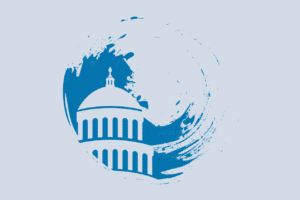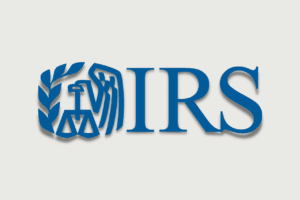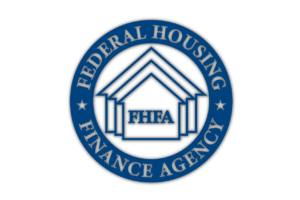Federal / Agency News

HUD Multifamily Posts COVID-19 Guidance Call; New Q&A
The Office of Multifamily Housing at HUD posted a recording of its most recent COVID-19 response call. HUD will continue to post recordings on its SoundCloud page due to the overwhelming demand and technical issues on HUD’s conference line.

New FAQ, Training Available for PHAs on RAD, Section 18 and Streamlined Voluntary Conversion
HUD has posted new training videos on Asset Repositioning that outline the HUD tools available to Public Housing Agencies (PHAs) to transition their inventories to the Section 8 platform and illustrates through a fully developed case study how those tools can be used in combination.

Update from CDFI Fund Director Jodie Harris
The Community Development Financial Institutions Fund (CDFI Fund) received questions from organizations about upcoming application and compliance deadlines, and if anything is expected to change. We are taking these requests seriously in light of the unprecedented situation many CDFIs find themselves in today. CDFI Fund staff are routinely evaluating our processes and procedures to ensure they are in alignment with day-to-day impediments that organizations are being forced to navigate.

Third Coronavirus Package Enacted, Negotiations Begin on Fourth Package
The $2.2 trillion Coronavirus Aid, Relief, and Economic Security Act (CARES Act), H.R. 748, was passed by the House by a voice vote and signed by President Trump on March 27. The House and Senate are both out until April 20, but work has already begun on drafting a fourth Coronavirus aid package. The package is likely to include funding for health systems, frontline healthcare workers, infrastructure, state and local governments and rebates to families and individuals.

IRS Considers Promulgation of Specific Coronavirus Guidance
The Internal Revenue Service (IRS) told the National Council of State Housing Agencies (NCSHA) that the ten issues for which the NCSHA requested specific guidance are all relevant to the current COVID-19 situation and under active consideration by IRS while they await guidance from Treasury about how to proceed.

DHS Lists Housing as Essential Critical Infrastructure Workforce
The Department of Homeland Security (DHS) has designated the construction of housing as an “Essential Critical Infrastructure Workforce,” as well as leasing, property management and maintenance personnel. This is not a mandatory federal order; this is guidance from DHS that states can follow.

HUD Releases FY 2020 Income Limits
HUD released Fiscal Year (FY) 2020 Income Limits, which are effective as of April 1, 2020. Income limits are set by HUD to determine the eligibility of applicants for HUD’s assisted housing programs. The FY 2020 Multifamily Tax Subsidy Projects (MTSP) Income Limits were also announced and go into effect as of April 1, 2020.

2017 Report on Whom the LIHTC Serves
HUD recently released its Understanding Whom the LIHTC Serves: Data on Tenants in LIHTC Units as of December 31, 2017 report, which summarizes data received from the state housing finance agencies (HFAs) that administer LIHTC.

New Procedures for Budget Based Rent Adjustments for PRAC Properties
The Office of Multifamily Housing at HUD released new procedures related to budget-based rent adjustments, which increase replacement reserve deposits for properties assisted under Section 202 Project Rental Assistance Contracts (PRACs).

Guidance on Deferring Tax Payments Due to COVID-19 Outbreak
Following President Trump’s emergency declaration pursuant to the Stafford Act, the U.S. Treasury Department and Internal Revenue Service issued guidance allowing all individual and other non-corporate tax filers to defer up to $1 million of federal income tax (including self-employment tax) payments due on April 15, 2020, until July 15, 2020, without penalties or interest.

FHFA Requires Multifamily Properties in Forbearance to Suspend Evictions
The Federal Housing Finance Agency (FHFA) announced that Fannie Mae and Freddie Mac (the Enterprises) will offer multifamily property owners mortgage forbearance with the condition that they suspend all evictions for renters unable to pay rent due to the impact of Coronavirus.

Negotiators Advance Third Coronavirus Aid Package
Senate Majority Leader Mitch McConnell (R-KY), Senate Minority Leader Chuck Schumer (D-NY) and Treasury Secretary Steven Mnuchin have reportedly reached an agreement on nearly $2 trillion emergency relief package in response to the coronavirus pandemic, which contains: